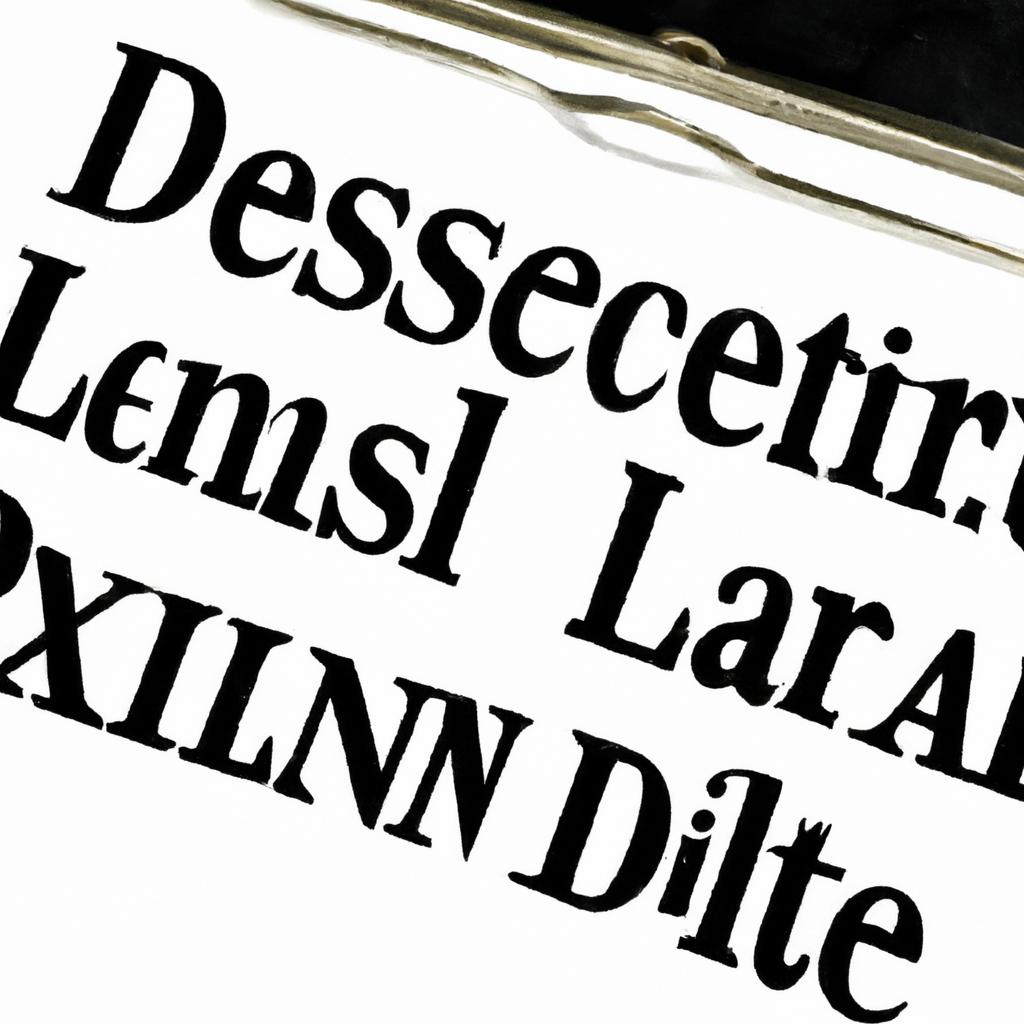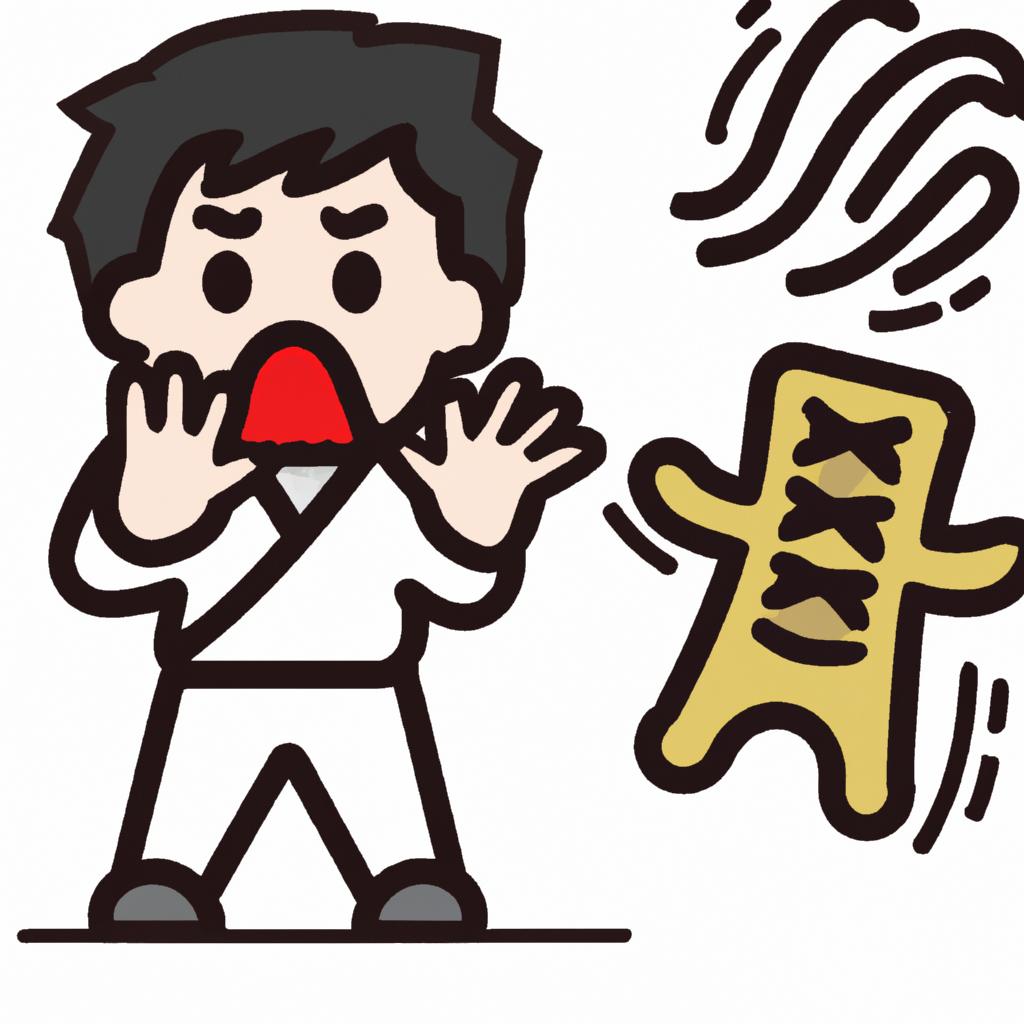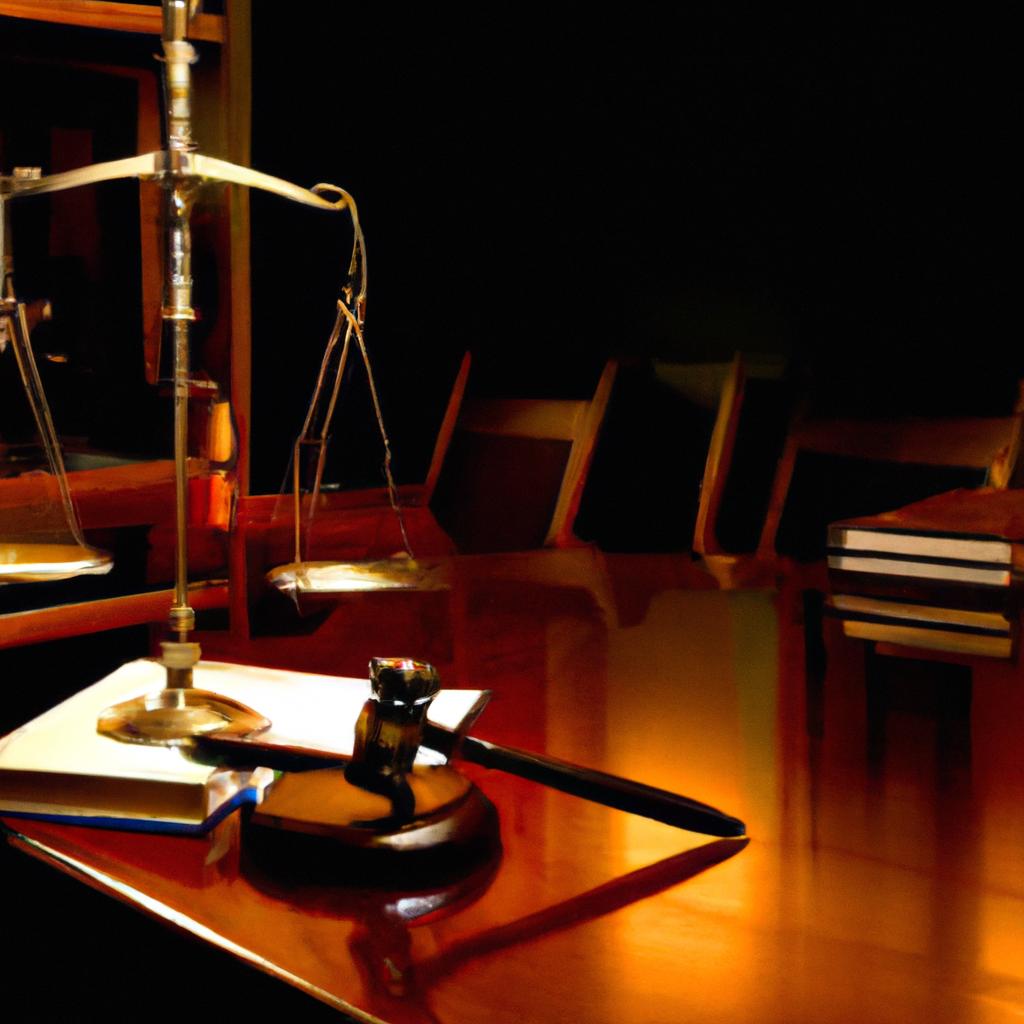In the realm of estate planning and probate law, the question of how to determine if someone has passed away is a crucial one. As experienced attorneys at Morgan Legal Group in New York City, we understand the complexities and sensitivities surrounding the death of a loved one. In this article, we will delve into the various methods and indicators that can confirm the unfortunate event of someone’s passing, shedding light on the intricacies of this somber yet necessary process.
Determining the Legal Presumption of Death
If you are trying to determine the legal presumption of death for someone, there are certain steps and criteria that must be met. One of the most common ways to establish a legal presumption of death is through a court declaration. This involves providing evidence to the court that the person has been missing for a certain period of time, typically seven years.
Other factors that may help determine the legal presumption of death include:
- Absence of communication: If the person has been missing for an extended period without any communication or contact.
- Unusual circumstances: If the disappearance was sudden, unexpected, or happened under suspicious circumstances.
- Evidence of death: If there is evidence such as a body or belongings found that suggest the person is deceased.

Recognizing Common Signs of Death
is essential for individuals involved in the process of estate planning and probate. It is crucial to understand the indicators that someone may have passed away, as it can impact legal proceedings and the distribution of assets. Here are some common signs to look out for:
- No pulse or heartbeat: One of the most obvious signs of death is the absence of a pulse or heartbeat. This is typically checked by placing fingers on the wrist or neck to detect any signs of circulation.
- No breathing: Another clear indicator of death is the absence of breathing. This can be observed by watching for chest movements or feeling for breath on a mirror placed in front of the nose and mouth.
- No response to stimuli: A person who has passed away will not respond to any external stimuli, such as touch, sound, or light.

Consulting with Legal Professionals for Verification
When faced with the question of how to determine if someone has passed away, it is essential to consult with legal professionals for proper verification. In such sensitive matters, it is crucial to rely on the expertise and guidance of experienced attorneys who specialize in estate planning and probate law.
Legal professionals can assist in verifying the death of an individual through various means, including obtaining death certificates, conducting searches in public records, and navigating probate court proceedings. By seeking the counsel of knowledgeable lawyers, you can ensure that the verification process is conducted accurately and efficiently, providing you with peace of mind during difficult times.

Initiating Probate Proceedings for Estate Settlement
When someone passes away, it can be a challenging time for their loved ones. One of the first steps in settling their estate is initiating probate proceedings. Probate is the legal process where a court determines the validity of a deceased person’s will and oversees the distribution of their assets to heirs and beneficiaries.
So how do you know if someone has passed away and probate proceedings need to be initiated? Here are a few signs to look out for:
- Communication from family or friends: Often, family members or close friends will inform you of a loved one’s passing.
- Obituary notices: Checking local newspapers or online obituaries can also provide information about someone’s death.
- No response: If attempts to contact the individual are unsuccessful and they are known to have health issues, it may be a sign of their passing.
Q&A
Q: How do you know if someone died?
A: There are several ways to determine if someone has passed away. One common indication is the lack of a pulse or heartbeat.
Q: Are there any other physical signs that someone has died?
A: Yes, other signs may include the absence of breathing, dilated pupils, and a lack of response to stimuli.
Q: Can someone be declared dead without these physical signs?
A: In some cases, medical professionals may use other tests or diagnostic tools to confirm death, such as an electrocardiogram or brain activity monitors.
Q: How do loved ones typically find out about a person’s death?
A: Often, loved ones are notified by medical professionals, law enforcement, or funeral homes. In some cases, they may discover the news through social media or news reports.
Q: Is it possible for someone to be mistakenly declared dead?
A: Yes, there have been cases where individuals have been mistakenly declared dead due to medical errors or other factors. It is important for healthcare providers to exercise caution and thorough evaluation before making such a determination.
Key Takeaways
As we navigate the complexities of life and death, it is essential to be aware of the signs and indicators that someone may have passed away. By understanding these subtle cues and paying attention to our surroundings, we can better comprehend the fragile nature of mortality. Remember, death is a natural part of the human experience, and by staying informed and prepared, we can honor and respect those who have left this world. So, keep your senses sharp and your heart open, for in the midst of loss, there is also room for reflection, growth, and ultimately, healing.


